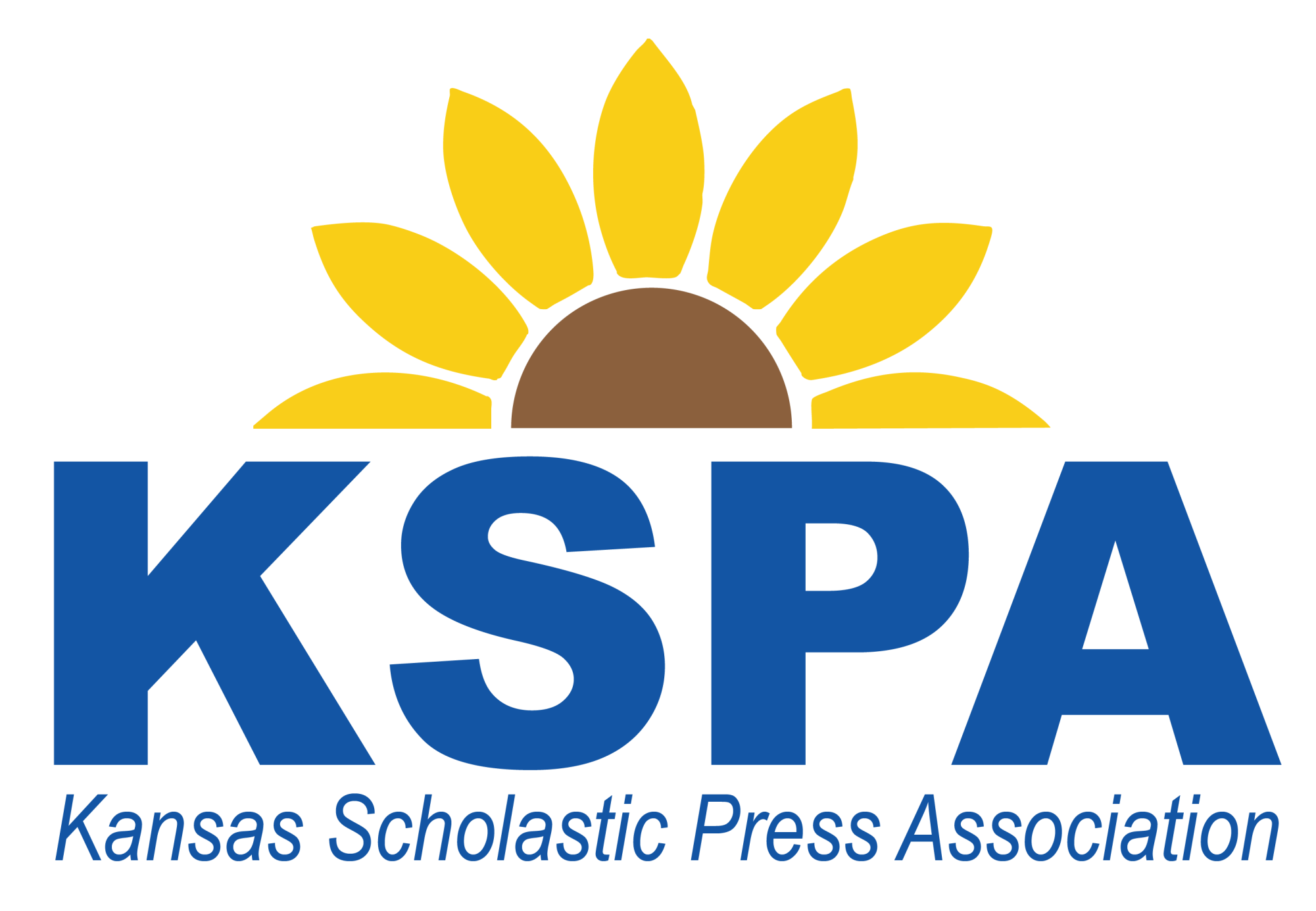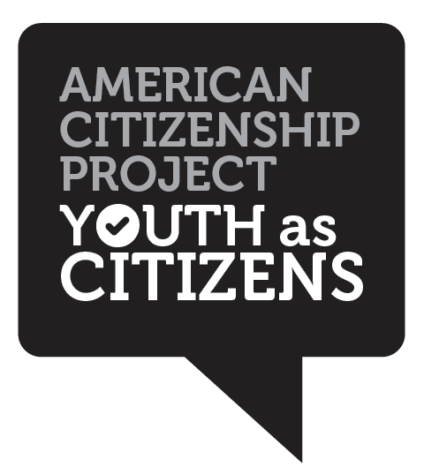Kansas Student Publications Act
The Kansas Student Publications Act is a law protecting free expression in Kansas schools since 1992.
 WHAT DOES THE LAW DO?
WHAT DOES THE LAW DO?
The Kansas Student Publications Act broadly protects student journalists in the state’s public schools from the censorship of school principals, administrators or school boards. Students have the right to publish even “controversial” content in their school publications, according to the law.
 WHY DOES IT MATTER?
WHY DOES IT MATTER?
Journalism relies on free expression. The First Amendment enshrined this American principle of democracy, and the free press has flourished with those protections. Without protection from censorship, student journalists would not truly be learning journalism. The law also makes students explicitly responsible for what they publish.
 READ THE LAW
READ THE LAW
The law lays out the First Amendment protections of student journalists, beginning “The liberty of the press in student publications shall be protected” and affirming that “Material shall not be suppressed solely because it involves political or controversial subject matter.”
 GET INSPIRED
GET INSPIRED
In 2017, KSPA celebrated 25 years of student journalism protected by the law. We produced this documentary, “Our Stories. Our Voices. Our Freedoms,” so that students and administrators would have a clearer understanding of how and why the law was passed.
PUT THE LAW IN CONTEXT
The free expression rights protected by the Kansas law are the result of more than 200 years of constitutional amendments, court battles and laws. This slidedeck might be the perfect classroom resource to put it all in perspective.
WHO’S GOT YOUR BACK?
What can you do when you find yourself in a crisis of censorship? Who can you turn to? This list of organizations will help you get quick help when you need it.
- Kansas Scholastic Press Association
- Alert our staff if you find yourself in need of advice. We want to support you as you work to understand your rights and responsibilities.
- Student Press Law Center
- SPLC’s legal team will address student-media-related legal questions. Reach out to the organization’s free hotline.
- JEA’s Scholastic Press Rights Committee
- The committee accepts requests for assistance addressing censorship issuese.
RESOURCES
FOR TEACHERSHere are some helpful links that will help teachers understand and teach the Kansas Student Publications Act to their students: The documentary “Our Voices. Our Stories. Our Freedoms” was produced by KSPA to teach the next generation of student journalists about the law on the 25th anniversary of the law in 2017.
This beginning-to-end lesson plan will guide teachers through instructing the law, including a script, discussion questions and worksheets for classroom use.
The Journalism Education Association has a curriculum that includes a “Law & Ethics” component that you can use in your classroom. (JEA membership required)
From the Newseum’s education wing comes this video, narrated by Martin Sheen, about the power of the “45 Words” of the First Amendment.
The Student Press Law Center offers educational resources for student journalists throughout the country. In additional to educational resources and lessons, you can reach SPLC directly about legal questions. Share this administrators guide to the law to help educate school administrators. Print this poster for your classroom. |

FOR STUDENTSWant to get involved with free expression? These links will give you the help you need to protect yourself from censorship and fight for your rights. KSPA COURAGE IN STUDENT JOURNALISM Each year, KSPA accepts nominations to recognize a high school student journalist or a team of student journalists who show determination, despite difficulty or resistance, in lawfully exercising First Amendment press rights. The Student Press Law Center also awards administrators through their Courage in Student Journalism Awards. Great administrators deserve huge acclaim! So, nominate your principal, superintendent or other administrators for supporting your free expression and journalism through KSPA’s Administrator of the Year Award. Students can reach out to SPLC directly with their questions using its legal hotline. |

INSPIRATION FROM KANSAS
Here are some recent cases of student journalists and their advisers who have accomplished extraordinary things with the help of the Kansas Student Publications Act:
2024-Present: CHALLENGING AI MONITORING OF STUDENTS & NEWSPAPER CENSORSHIP
The Lawrence High School journalism staff won the 2025 KSPA Courage in Student Journalism Award after their reporting raised questions about the district’s use of AI monitoring of all content on students’ Google Suite accounts. The work by 2024 graduates Jack Tell, Natasha Torkzaban, Morgan Salisbury and Maya Smith demonstrated that the district’s new implementation of monitoring by Gaggle had led to blocked emails sent to teachers by students citing concerns about their mental health; those emails would instead be directed to administrators. Their work also detailed that the system had removed student photography assignments, citing offensive content; the images wouldn’t have violated the school’s dress code. Their advocacy in the face of challenges led to some changes, including a promise to not scan the accounts of journalism students.
In August 2025, current and former students sued the district alleging violations of the First and Fourth amendments. When the journalism program was directed not to report on the litigation, attorneys for students said such a directive would violate the Kansas Student Publications Act. Litigation is ongoing.
- Fighting for our rights: Gaggle & USD 497, The Budget
- Art students push back against potential Gaggle censorship, The Budget
- These Kansas students deserve our admiration, not constant surveillance, Kansas Reflector
- Lawrence HS censors student journalists after they sue district, Student Press Law Center
- In federal lawsuit, students allege Lawrence school district’s AI surveillance tool violates their rights, The Lawrence Times
- Students have been called to the office — and even arrested — for AI surveillance false alarms, The Associated Press
- ‘Unapologetically loud’: How student journalists fought a Kansas district over spyware and won, Kansas Reflector
- Lawrence journalism students convince district to reverse course on AI surveillance they say violates freedom of press, The Lawrence Times
2021: SCHOOL NAMESAKE CONTROVERSY
Madeline Gearhart earned the 2021 Courage in Journalism Award from KSPA for her reporting on the namesake for her school, Fred Seaman, who as a leader in the KKK decades before. Digging through historical records, Gearhart discovered the hidden history and published a series of stories that eventually led to national media attention and possibility that the school would change its name.
- Coverage of Gearhart’s work in the Kansas City Star
- The school district’s website in considering a name change
- A podcast about the controversy from national media outlet Vox, “Today, Explained”
- Gearhart’s acceptance of the Courage in Journalism Award during a virtual ceremony in 2021
2019: USING THE LAW IN COURT
When students walked out of schools throughout the Shawnee Mission School District, they were protesting gun violence in the wake of a mass shooting at Marjory Stoneman Douglas High School in Florida. However, another controversy grew out of the protest. Administrators confiscated school cameras from student journalists, effectively preventing them from covering the protests. With legal aid from the ACLU, Grace Altenhofen of Shawnee Mission North High School sued the district. The case is a landmark in Kansas because it is the only time that the Kansas Student Publications Act has been litigated in court, providing it with increased legal legitimacy.
- KSPA’s page celebrating Altenhofen’s winning the first Courage in Journalism Award in 2019
- An opinion piece in the Kansas City Star from a Shawnee Mission Northwest student journalist (and video of school board testimony)
- Kansas City Star coverage of the walkout controversy
- The Shawnee Mission Post’s coverage of Grace’s fight against the district
- The Shawnee Mission Post’s coverage of the dispute’s resolution
2020: A STAFF FIGHTS UNTIL THE END
The cruel reality of the Kansas Student Publications Act is this: it does not prevent an administrator from shuttering an entire journalism program. That is essentially what happened in 2020 in Sterling High School. Under budget tensions, the superintendent eliminated the position of Todd Vogts, the long-time and award-winning teacher there. However, his students publicly opposed the decision with an editorial and covered the decision on the front page of the Cub Reporter newspaper. This relentless work earned them the 2020 Courage in Journalism Award from KSPA.
- The KSPA page celebrating the students and their achievement
- Staff Editorial: Journalism program must be maintained
- News Story: English department faces staffing changes
2017: OUR PRINCIPAL IS A FAKE
Six students from the Booster Redux newspaper reported on their newly principal. The twist? She falsified her credentials! The story received international attention, and the students — plus their adviser — attended the White House Correspondent’s Dinner.
- The Booster Redux front page
- A presentation on the controversy
- News coverage from the New York Times
- News coverage from the Washington Post
THANK YOU TO OUR SUPPORTERS
KSPA thanks the following groups whose funding for the “Our Voices. Our Stories. Our Freedoms” documentary video helped make this project possible:




